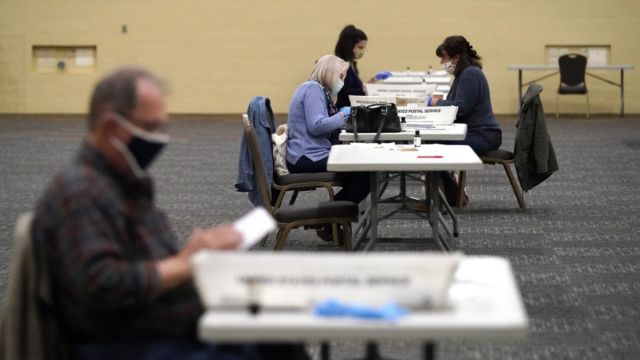Can Police in New Jersey Search Your Phone During a Traffic Stop? Most of the drivers get pulled over for speeding in New Jersey, and they have no idea what their rights are when it comes to having their personal items searched, like their phones. To protect your privacy and make sure your rights are respected, you need to know how the law applies to this problem.
The Fourth Amendment of the U.S. Constitution generally protects people from searches and arrests that aren’t fair. This means that police need either a warrant or a good reason to check most personal items, like cell phones. However, it can be hard to use these defenses, especially during traffic stops.
The Basis for Search
Police can lawfully search your car at the stop of traffic if they have reasonable grounds to believe that evidence of a crime is contained inside the vehicle. It has been supported in numerous court cases. But not so straightforward in answering if they could search your phone.
The Supreme Court of the United States ruled in Riley v. California (2014), that police cannot search cell phones without a warrant even if they are taken into custody. This is significant because it recognized the quantity of personal information on smartphone devices.
However, it was also making that point of digital privacy which should be protected in similar ways like physical privacy, and so most of the time, cops need to have a warrant to make a search on your cell phone.
Exceptions to this Rule
Sometimes you don’t need a warrant, though there are always exceptions. For instance, if an officer believes your phone holds evidence of a crime currently in progress or that may be deleted over the Internet, they will claim “exigent circumstances” mean they can search your phone without a warrant. But again, these are few cases to be scrutinized under a microscope in court.
Also, the police are allowed to search your cell phone without an order if you allow them to. Consent must be given willingly, and if you feel you are being forced or pushed to let someone search you, that consent might not be valid.
What to Do If Stopped
You want to say “no” respectfully but strongly when you get stopped and someone wants to dig through your phone. The phrase that can be said is like this: “I don’t agree on my cellphone being searched”. It really helps to hold your nerve and not cause a fuss. Remember if you turn down having them check out your situation, police officers could take you for their own security checking purposes in relation to searching that person for whatever reason the situation called for.
If you feel that you rights were violated during this traffic stop, write everything down that you can recall, including time, location, and as much information as you can remember in regards to what happened. This could potentially be significant evidence for your case should you become accused of a crime sometime in the future.
Legal Help
If your phone was checked without your permission or a warrant, you may want to speak with a criminal or civil rights lawyer. They can help you protect your rights and give you advice on how to challenge any evidence that was gained illegally.
Conclusion
Simply speaking, New Jersey law stipulates that police cannot search your cell phone without your consent or a warrant in the case of a traffic stop. There are certain exceptions to this rule, but they are very narrow and limited.
If you know what your rights are, you can cope better with these situations and, thus, keep your information personal. Stay calm, be firm, and then go to a lawyer because you feel your rights were violated.


 by
by 




